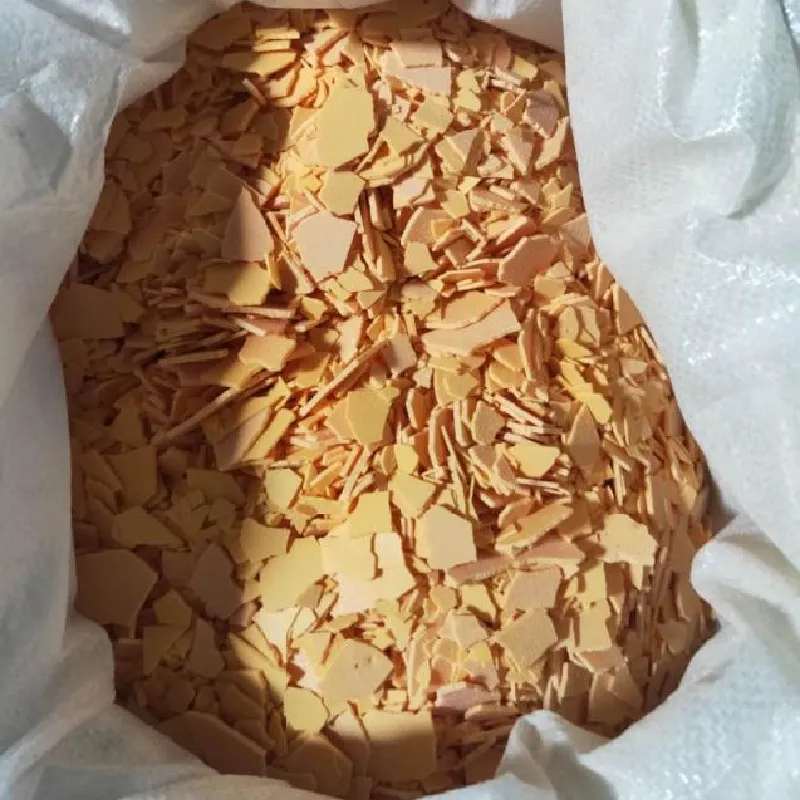
monosodium glutamate process
Monosodium glutamate (MSG) is a popular flavor enhancer widely used in cooking, particularly in Asian cuisine. The process of producing monosodium glutamate involves several key steps, each contributing to the final product's unique taste-enhancing properties.
The production of MSG generally begins with the fermentation of carbohydrates. This process often uses sugar sources such as sugar beets, sugar cane, or starch from corn. The carbohydrates are subjected to a fermentation process involving specific strains of bacteria, primarily Corynebacterium glutamicum. These bacteria are naturally capable of synthesizing glutamic acid, a non-essential amino acid that forms the basis of MSG.
During fermentation, the selected bacteria metabolize the sugars, producing glutamic acid as a byproduct. This biological conversion is efficient, with high yields of glutamic acid obtained from modest quantities of carbohydrate feedstocks. After fermentation, the glutamic acid must be purified. This typically involves a series of filtration and crystallization steps to isolate the glutamic acid from the fermentation broth, removing any impurities and unutilized substrates.
Once purified, glutamic acid is converted into monosodium glutamate through a reaction with sodium hydroxide. This step involves neutralizing the carboxylic acid group of glutamic acid with sodium, resulting in the formation of monosodium glutamate, which is more soluble and stable than its acidic precursor. The resulting MSG is then crystallized and dried to achieve the desired powder form, ready for packaging and distribution.
monosodium glutamate process

The quality of monosodium glutamate is crucial, as it must meet food safety standards and consumer expectations regarding flavor enhancement
. Consequently, producers monitor the fermentation and purification process closely to maintain consistency and quality.MSG works by stimulating the umami taste receptors on the tongue, providing a savory flavor that enhances the overall taste of food. It is commonly used in soups, sauces, and processed meats, among other foods. Despite some controversy surrounding its consumption, numerous studies have shown that MSG is safe for the general population when consumed within acceptable daily intake levels.
In conclusion, the process of producing monosodium glutamate is a fascinating blend of microbiology, biochemistry, and food science that results in a flavor enhancer that has become a staple in many cuisines around the world.
-
Why Glacial Acetic Acid Food Grade Is Essential in FlavorNewsMay.26,2025
-
Surging Export Growth of Food Additives in ChinaNewsMay.26,2025
-
How Ammonium Nitrate Fertilizer Boosts Crop YieldsNewsMay.26,2025
-
How 1,2,3-Benzotriazole Shields Plastics from UV DegradationNewsMay.26,2025
-
Cyanide in Gold Mining: Protecting People and the PlanetNewsMay.26,2025
-
Aluminum Hydroxide in Modern Sunscreen FormulationsNewsMay.26,2025
-
Understanding Synthetic Rubber OptionsNewsApr.27,2025
Hebei Tenger Chemical Technology Co., Ltd. focuses on the chemical industry and is committed to the export service of chemical raw materials.
-

view more DiethanolisopropanolamineIn the ever-growing field of chemical solutions, diethanolisopropanolamine (DEIPA) stands out as a versatile and important compound. Due to its unique chemical structure and properties, DEIPA is of interest to various industries including construction, personal care, and agriculture. -

view more TriisopropanolamineTriisopropanolamine (TIPA) alkanol amine substance, is a kind of alcohol amine compound with amino and alcohol hydroxyl, and because of its molecules contains both amino and hydroxyl. -

view more Tetramethyl Thiuram DisulfideTetramethyl thiuram disulfide, also known as TMTD, is a white to light-yellow powder with a distinct sulfur-like odor. It is soluble in organic solvents such as benzene, acetone, and ethyl acetate, making it highly versatile for use in different formulations. TMTD is known for its excellent vulcanization acceleration properties, which makes it a key ingredient in the production of rubber products. Additionally, it acts as an effective fungicide and bactericide, making it valuable in agricultural applications. Its high purity and stability ensure consistent performance, making it a preferred choice for manufacturers across various industries.











